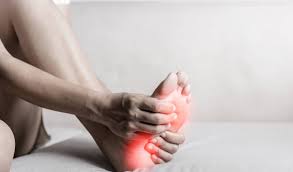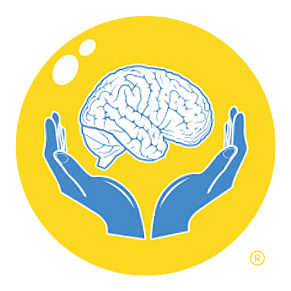Peripheral Myopathy: Understanding Symptoms and Treatment in Kenosha
Blog:Peripheral Myopathy: Understanding Symptoms and Treatment in Kenosha

Peripheral Myopathy: Understanding Symptoms and Treatment in Kenosha
Peripheral Myopathy: What Kenosha Residents Need to Know
Peripheral myopathy is a nerve condition that can impact daily life by causing weakness, numbness, and other troubling symptoms. For individuals in Kenosha and surrounding areas, recognizing early signs and seeking specialized care is key to improving long-term outcomes.
What Is Peripheral Myopathy?
Peripheral myopathy occurs when peripheral nerves—those outside the brain and spinal cord—are damaged or dysfunctional. This damage can interfere with how signals are sent between the nervous system and the muscles, leading to weakness or other neurological symptoms.
Common causes include:
Diabetes
Autoimmune disorders
Vitamin deficiencies
Medication side effects
Chronic alcohol use
Genetic factors
Recognizing the Symptoms
Peripheral myopathy can present in different ways, but the most common symptoms include:
Weakness in the arms or legs
Tingling or numbness
Pain or burning sensations, especially at night
Muscle cramps or twitching
Difficulty walking or maintaining balance
Because these symptoms can overlap with other neurological conditions, proper testing is essential for an accurate diagnosis.
Diagnosis and Testing
Our Kenosha neurology team uses advanced diagnostic tools, including EMG and nerve conduction studies, to evaluate nerve and muscle function. These tests, along with a detailed medical history and physical exam, help pinpoint the cause of symptoms and guide treatment.
You can learn more about how we evaluate and treat nerve-related conditions on our neuropathy services page.
Treatment Options
Treatment is tailored to the underlying cause and may include:
Medications for pain or inflammation
Physical therapy to maintain muscle strength and mobility
Nutritional support if deficiencies are present
Adjustments to medications that may be contributing to symptoms
The goal is to slow or stop the progression of nerve damage and help patients regain as much function as possible.
Local Care for Kenosha and Surrounding Communities
A Ray of Hope is proud to serve patients from Kenosha, Pleasant Prairie, Racine, and nearby Wisconsin communities. Our dedicated neurology providers work closely with each patient to create personalized treatment plans.
If you’re experiencing symptoms of peripheral myopathy, connect with our team to see experienced doctors that treat neuropathy and explore neuropathy treatment options designed for your needs.




